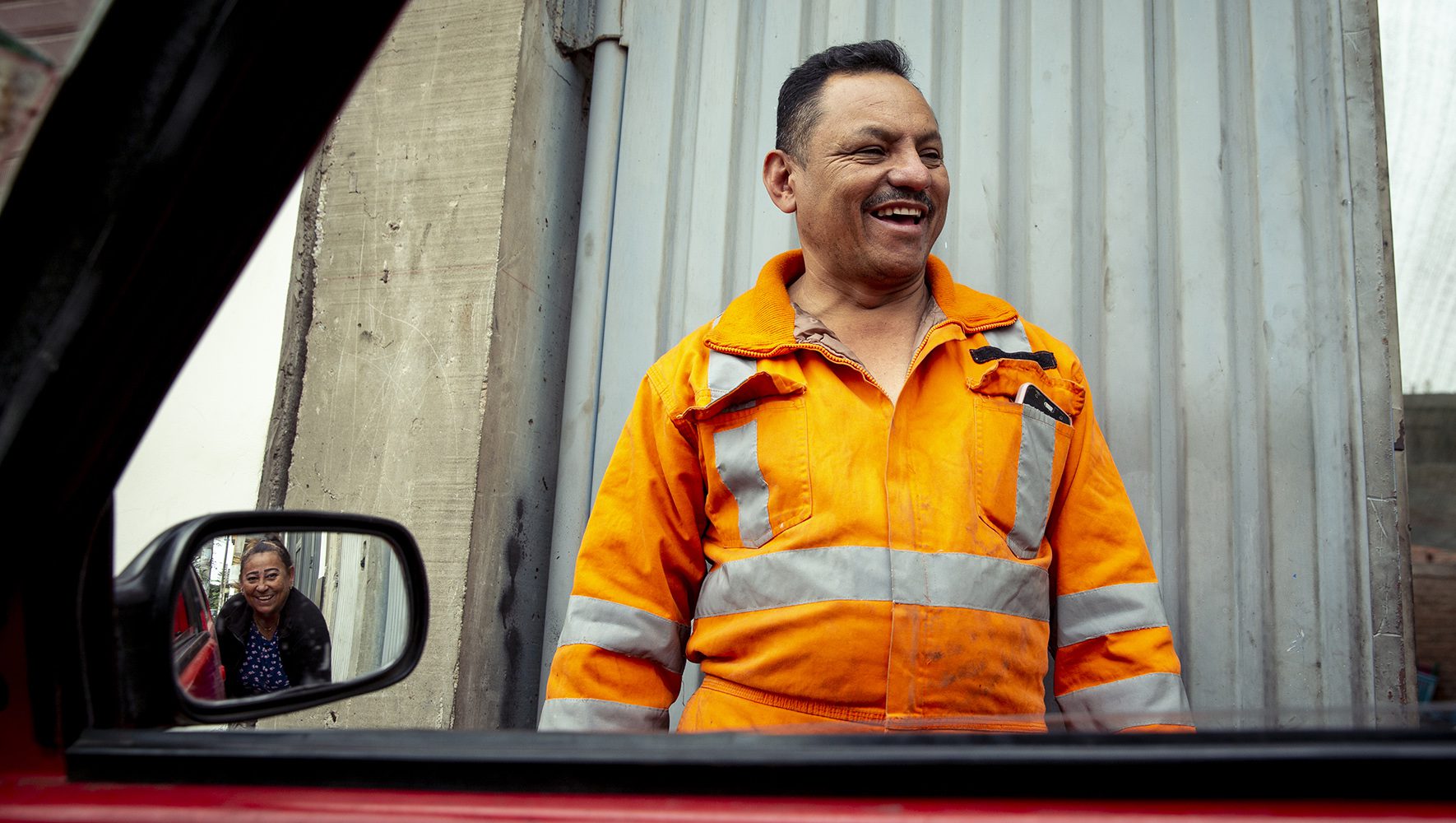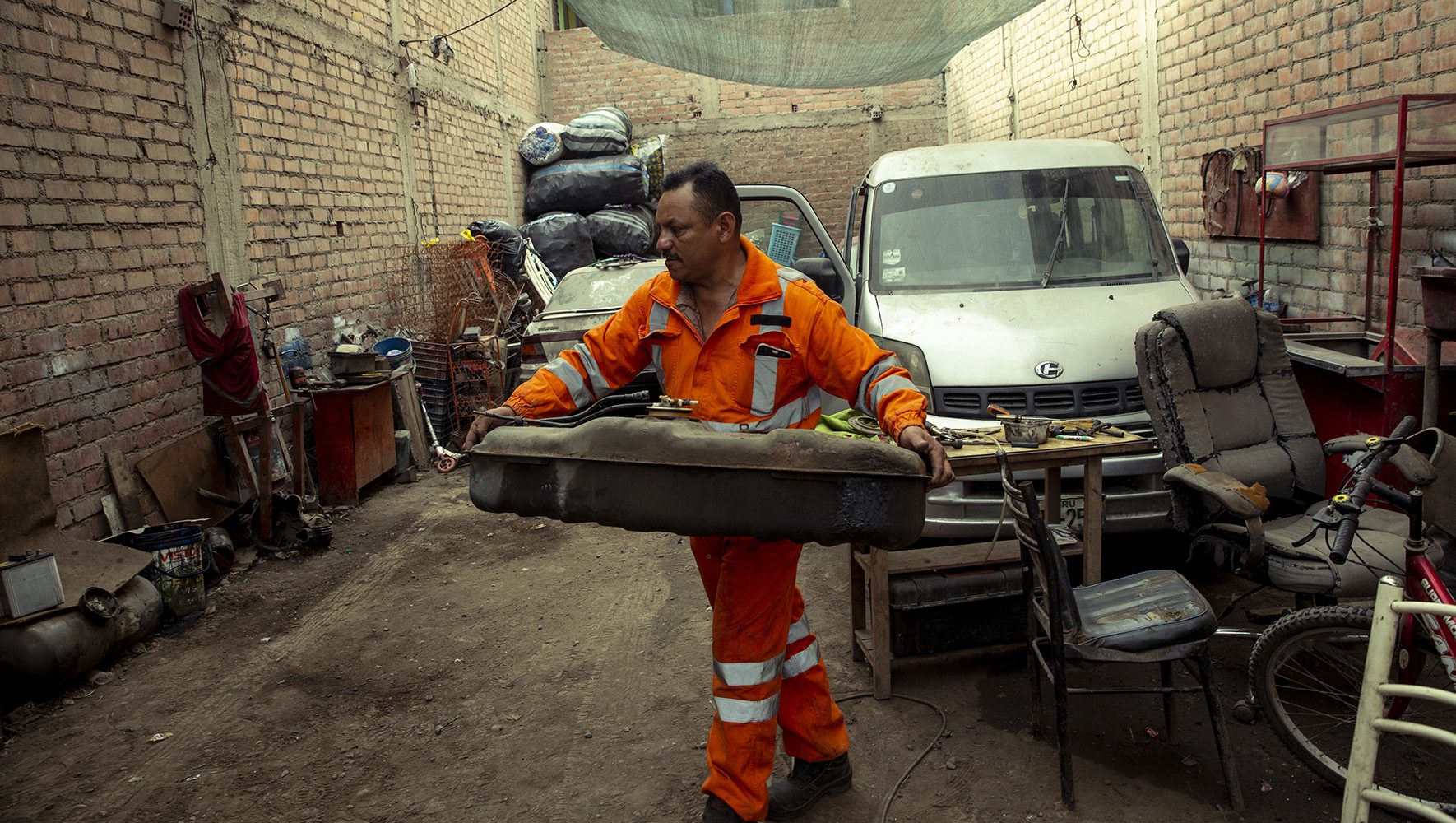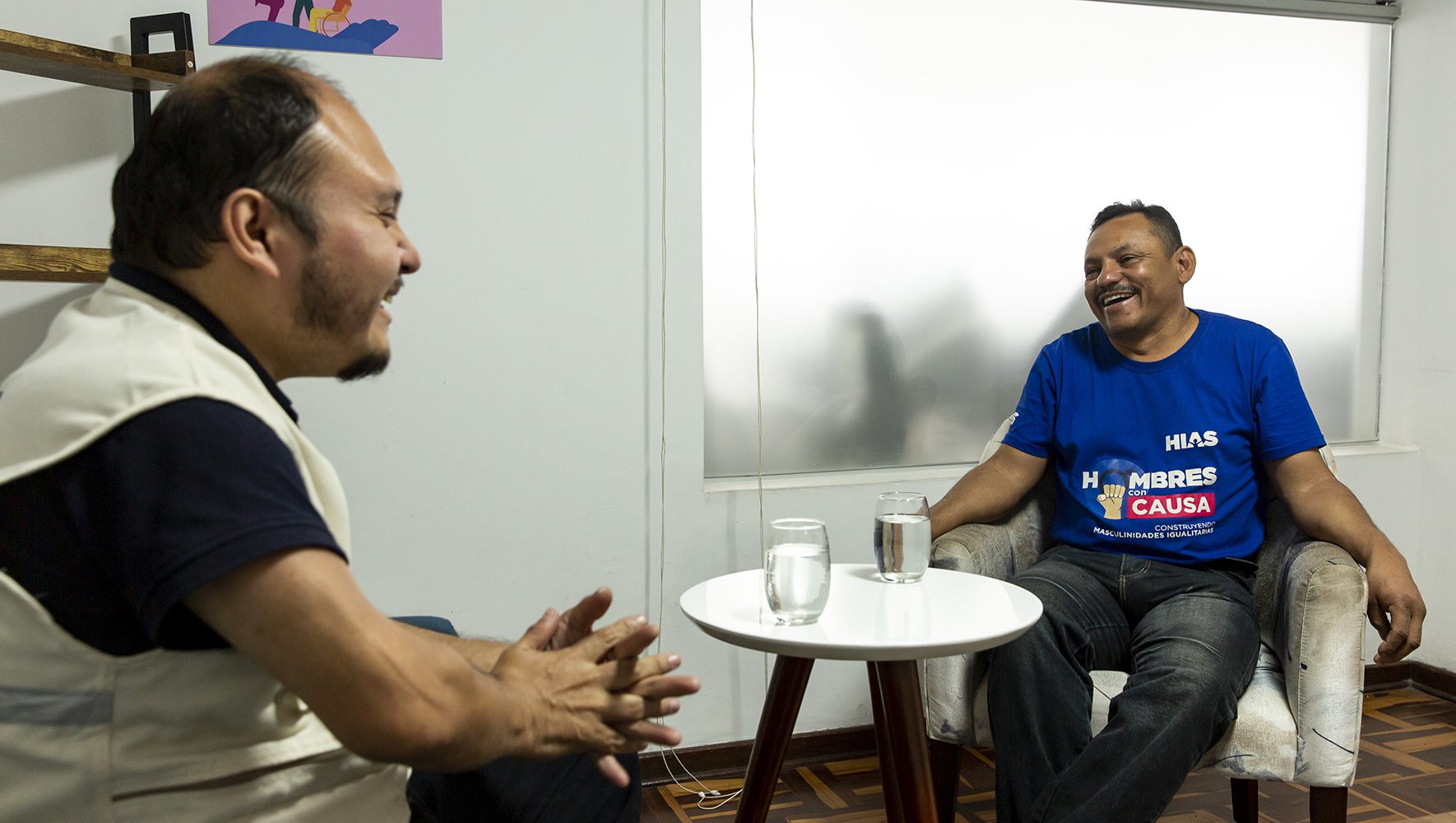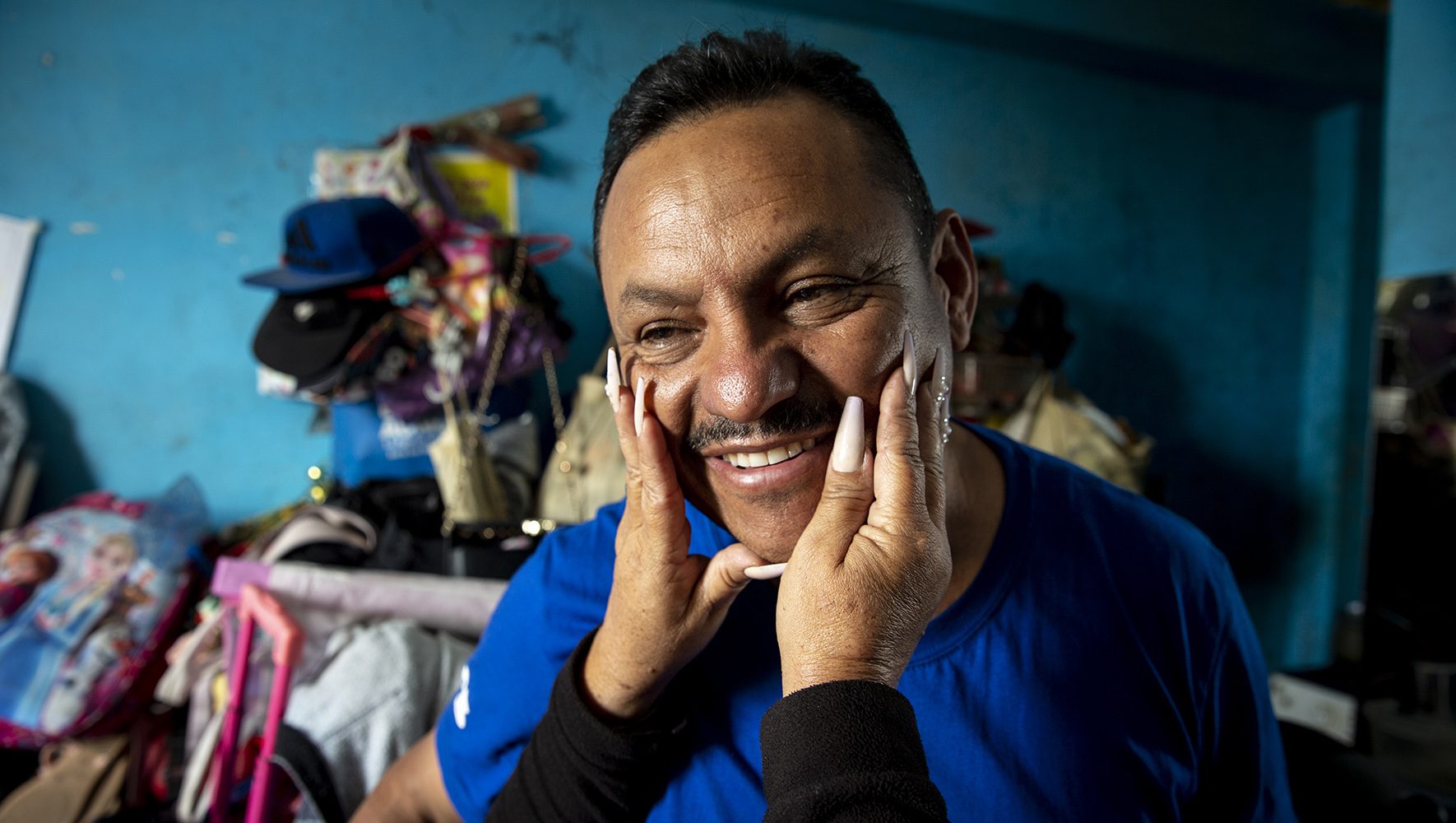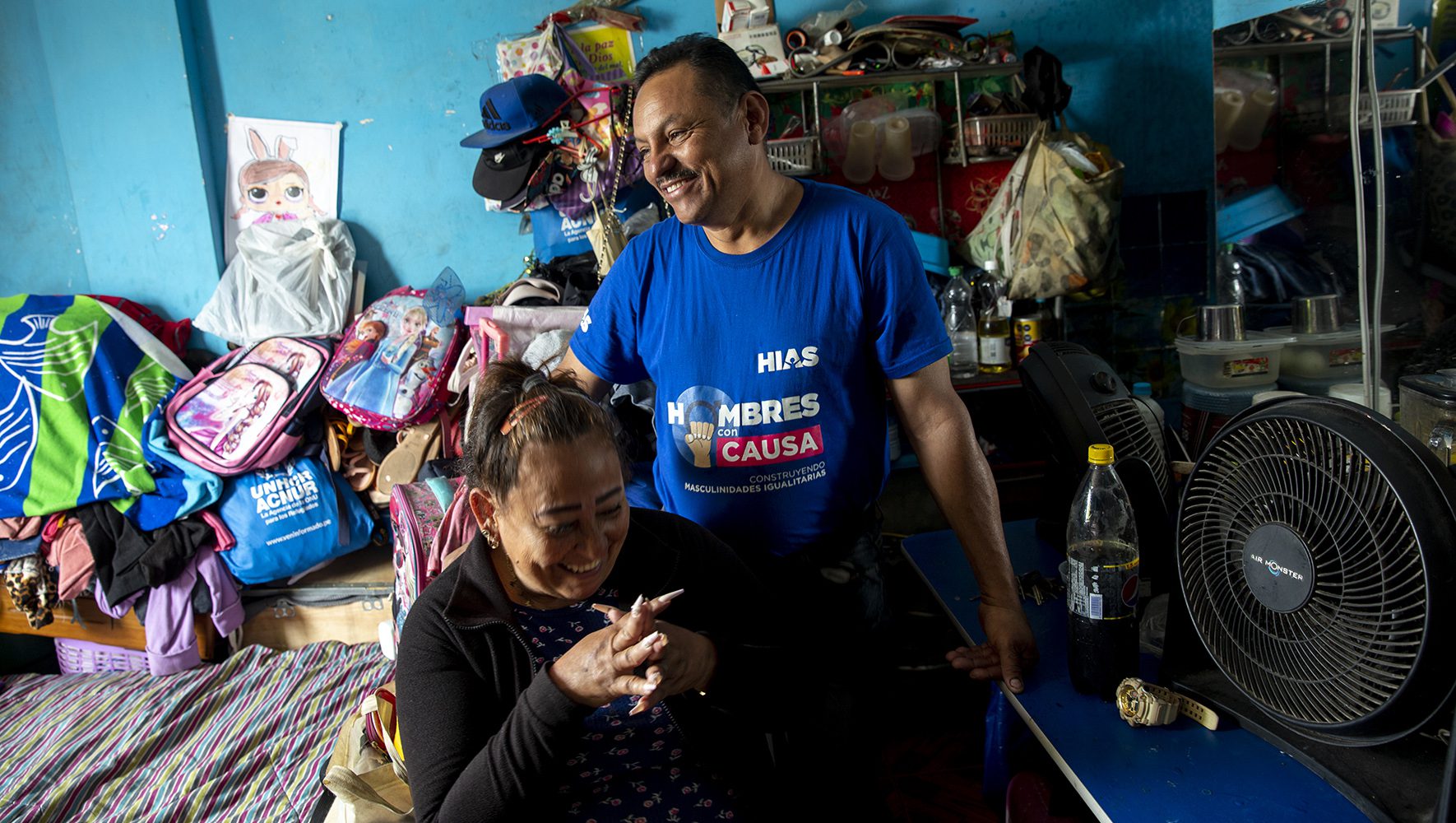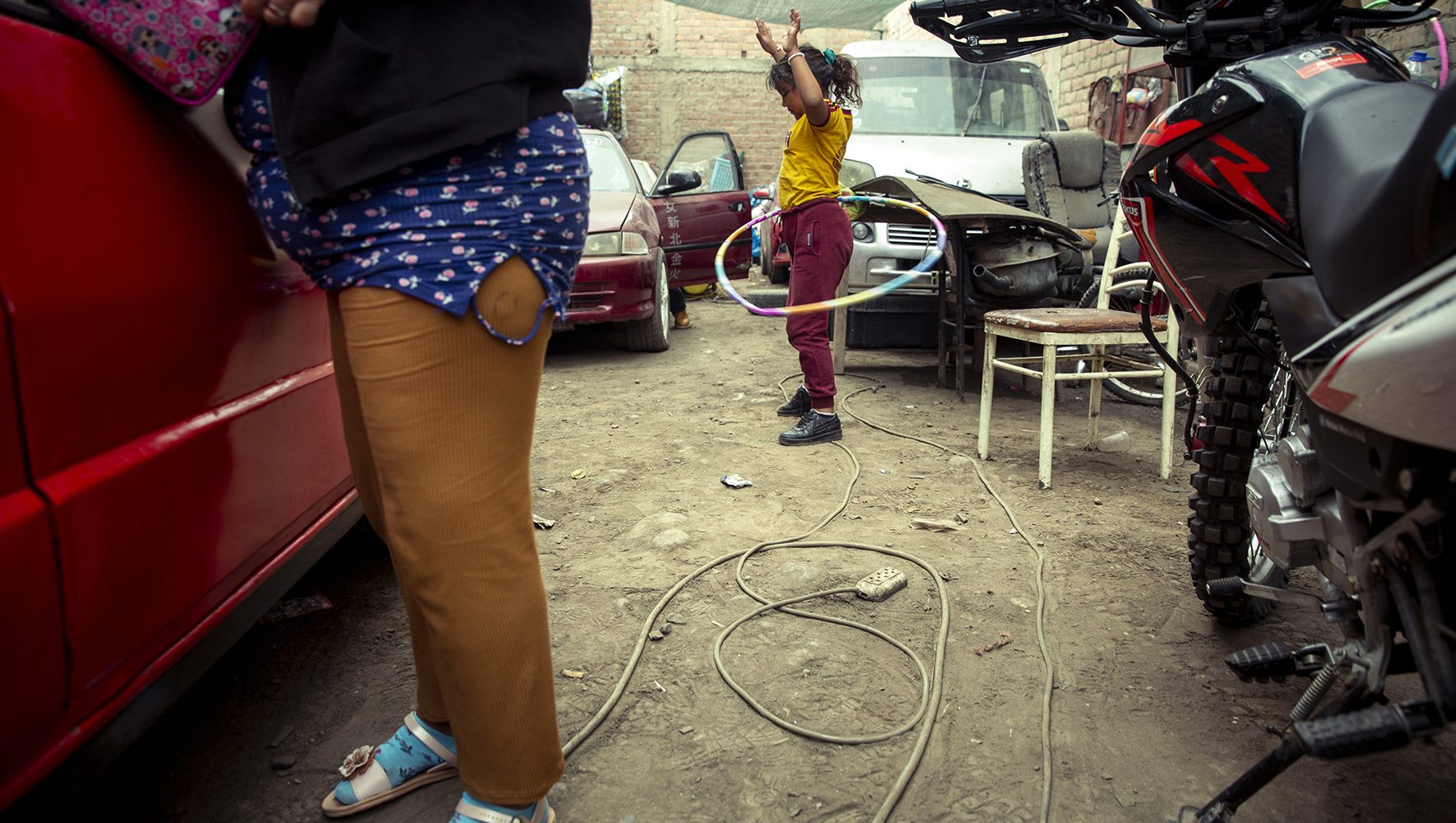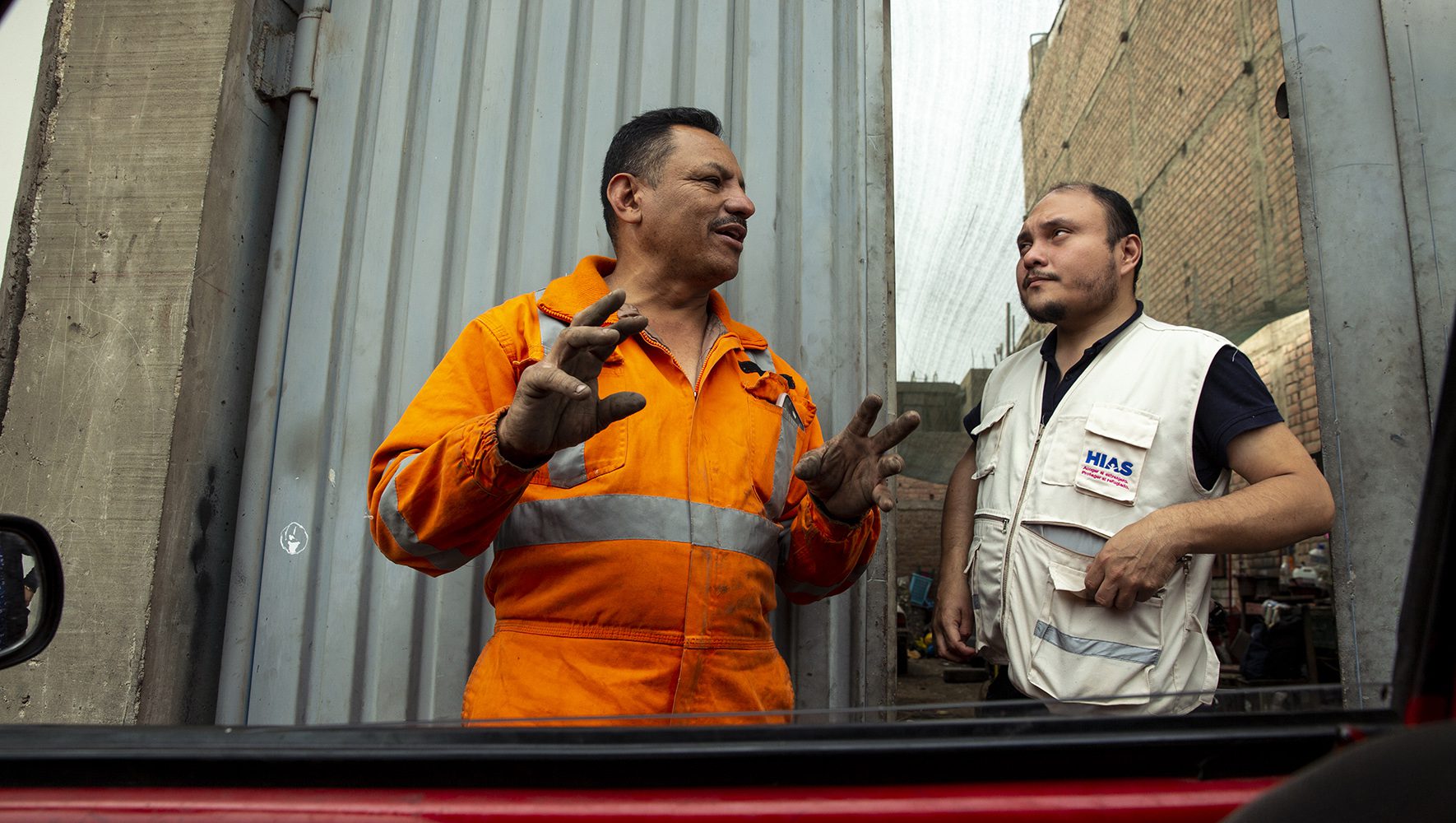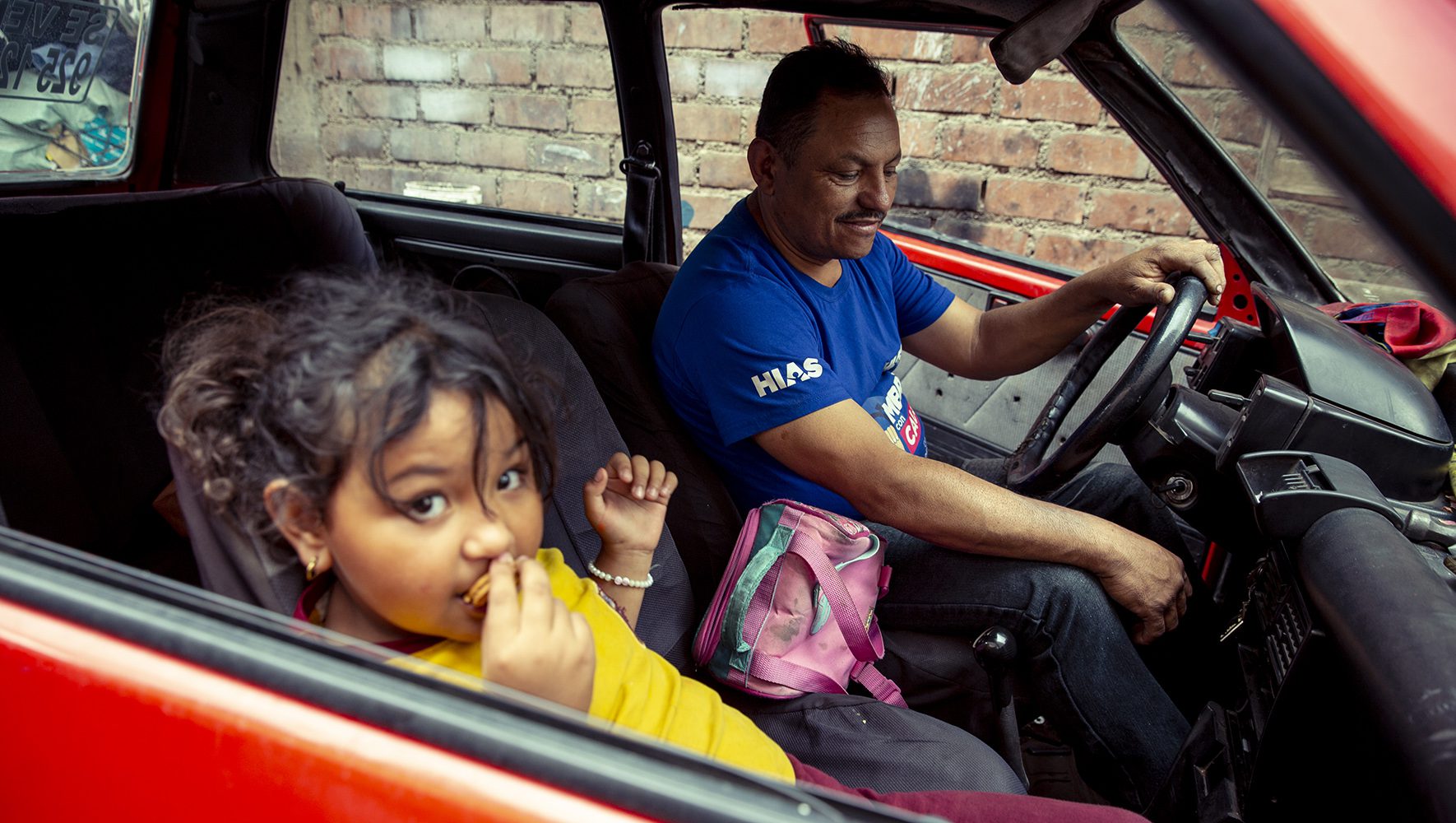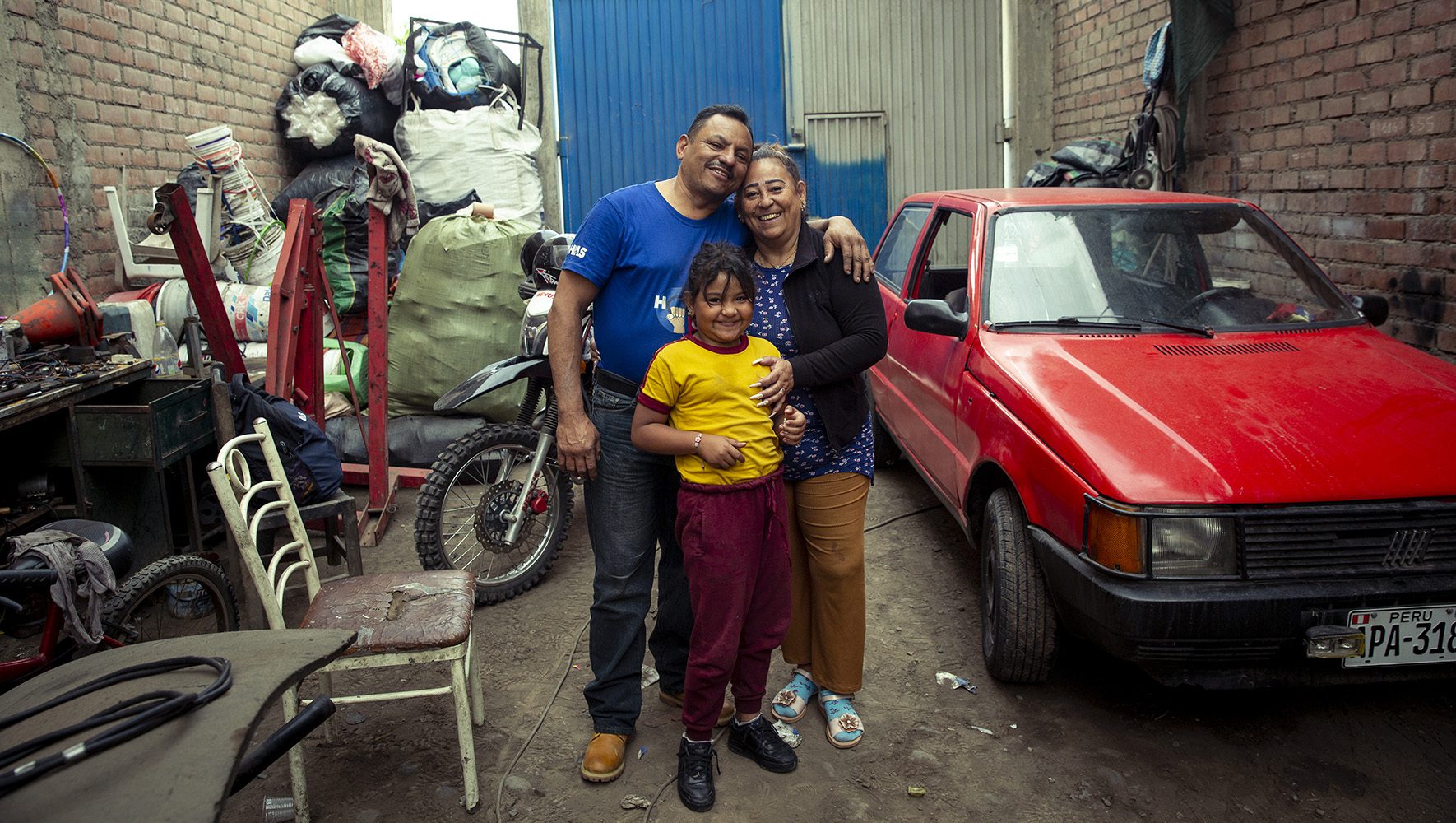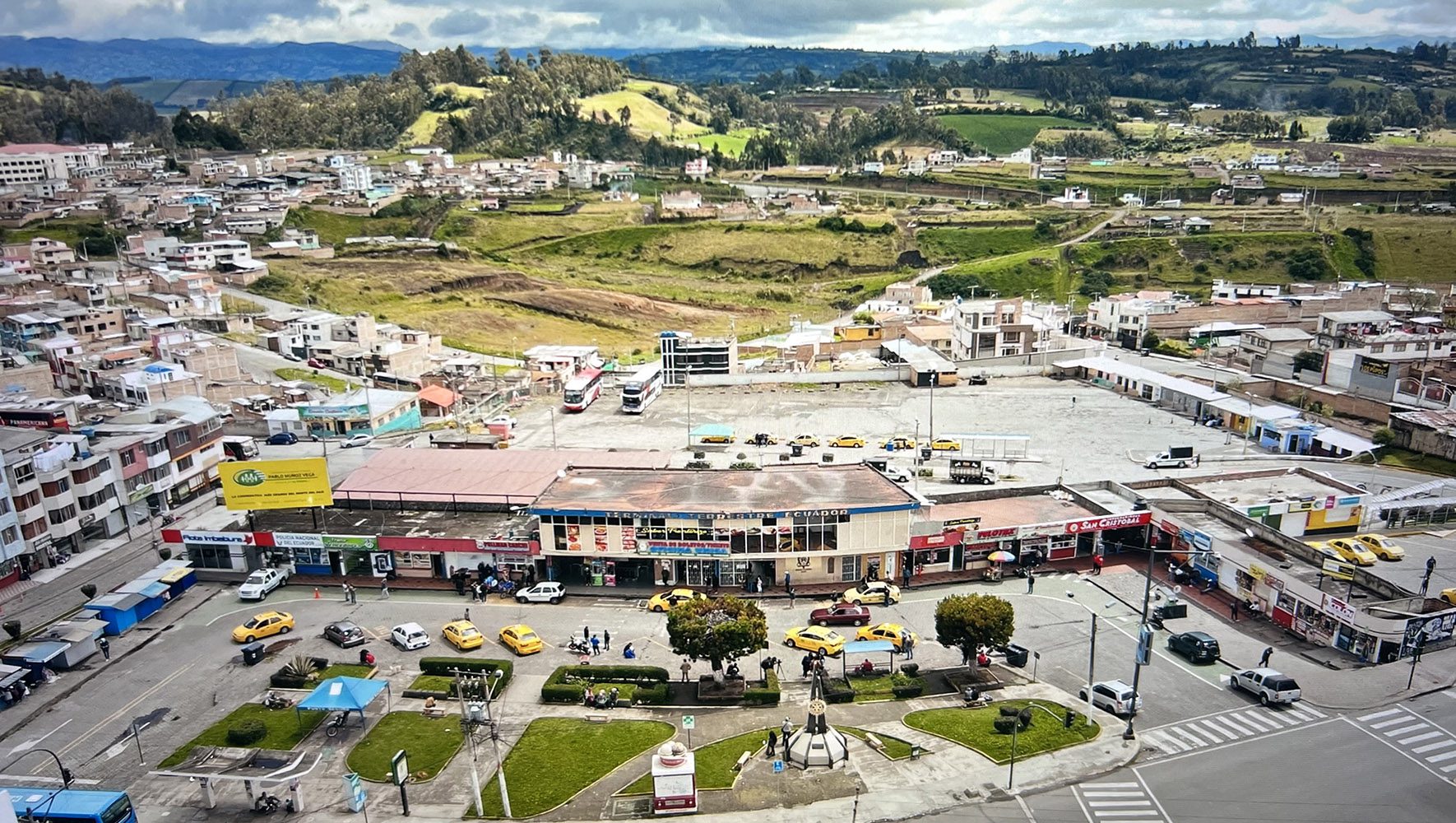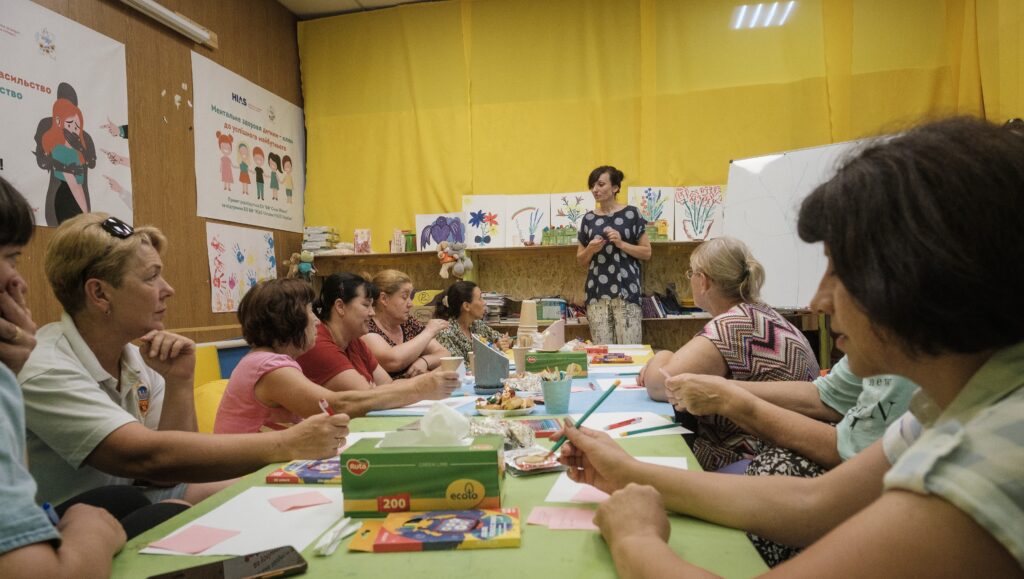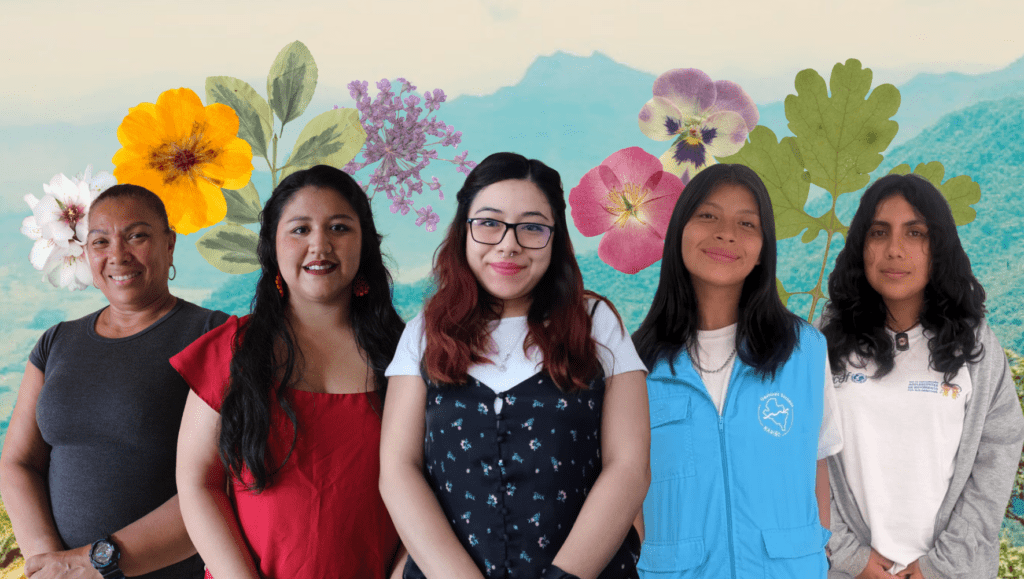Andres Morales* grew up in an environment where it was normal for men to use violence to express themselves. He left his childhood home in Maracaibo, Venezuela, at an early age to escape from the violent outbursts of his stepfather, and, shortly after, began working in different jobs to make ends meet.
The lessons he learned as a young man – don’t speak about your feelings, raise your voice if you want to be heard, men don’t cry — stayed with him throughout.
Morales later got married and had a family of his own. He discovered his true passion as a mechanic and eventually opened up his own auto repair shop in Maracaibo. For Morales, leaving Venezuela wasn’t something he had imagined for himself and his family. But then, the unexpected occurred.
During a trip to visit their daughter who was living in Lima, Peru, Morales’ wife discovered that she would need a life-saving operation to remove a cancerous tumor. Having the operation in Venezuela was out of the question. And so, Morales decided to shutter his shop in Venezuela, and travel to the Peruvian capital without a return ticket.
After settling into his new life in Lima, Morales discovered GRANMAV, a partner organization of HIAS Peru that works to empower refugee women and combat gender-based violence. “GRANMAV offered my family financial support during the pandemic when we struggled to pay our bills,” he said. “That’s when I started to learn about their work. It seemed really important to me so I became a volunteer.”
That’s how he discovered the “Positive Masculinities” program. Run by HIAS with funding from the U.S. Bureau of Population, Refugees, and Migration (PRM), “Positive Masculinities” helped men in Peru, Colombia, and Ecuador, learn how traditional forms of masculinity — like what Morales learned as a boy — can cause harm. This approach is an innovative solution in one of the most violent regions for women. Rates of femicide in Latin America and the Caribbean are among the highest in the world, and already high domestic violence rates have recently been rising.
The curriculum consisted of weekly group sessions with men from migrant and local communities during a period of up to three months. Course participants learned about the existence of power dynamics and how they impact relationships, the importance of assuming responsibility for violence inflicted upon others, the types of violence women and girls experience as a result of their gender, and the importance of deconstructing traditional representations of masculinity to understand their negative impacts.
Different HIAS country offices adopted innovative techniques to improve engagement with the men who participated in the course. HIAS Colombia incorporated relaxation techniques into weekly sessions. Staff carried out meditations before starting each class and taught men to use essential oils and self-care products. “The idea behind the relaxation exercises is that they help the men to leave behind their stresses and worries before participating, encouraging them to open up more. The exercises also help to create trust between the men and more cohesion in the group,” said Christian Burbano, GBV Specialist for HIAS Colombia.
HIAS Peru developed a model which involved entire family units in the program. While men participated in the “Positive Masculinities” course, their female partners participated in a similar program that taught women about detecting different kinds of gender-based violence, and about their fundamental rights to live a life free from violence. “Both men and women have sexist beliefs that we must work to change. Only when we do this, we’ll achieve a fairer and more equal society,” said Mayte Rivera, GBV Specialist for HIAS Peru.
Now, Morales continues to volunteer with GRANMAV and has shared what he’s learned with others. He hopes that other men will feel inspired to participate in positive masculinities programs in the future and understand that they are able to make a difference.
“I told a friend about the program and he became interested in participating, so I took him with me one day and he kept attending. I think it’s important to share with other men that it’s possible to change, that we’re capable of changing.”
*Names have been changed to protect the identities of program participants
